In an age where technology often takes center stage, there remains a handful of timeless skills, passed down through generations, that could prove crucial in a survival scenario. These nine old-fashioned skills are not just remnants of a bygone era; they are tools for resilience and adaptability. As modern conveniences falter, the ability to rely on hands-on expertise becomes invaluable. From the art of foraging to the precision of tracking, these skills serve as a testament to human ingenuity and resourcefulness. Embracing them might just tip the scales between vulnerability and empowerment in the wild.
1. Fire Starting with Flint

Imagine being deep in the woods, where evening temperatures plummet unexpectedly. With flint in hand, you can create warmth and safety. Flint fire starting is a revered skill, essential for creating a reliable flame without the crutch of modern lighters or matches.
By striking a piece of steel against flint, sparks are generated to catch tinder alight. This ancient technique requires patience and precision, offering both a challenge and a reward.
It’s a dance of elements, a connection to our primal roots, reminding us of our ancestors’ ingenuity.
2. Foraging for Edible Plants
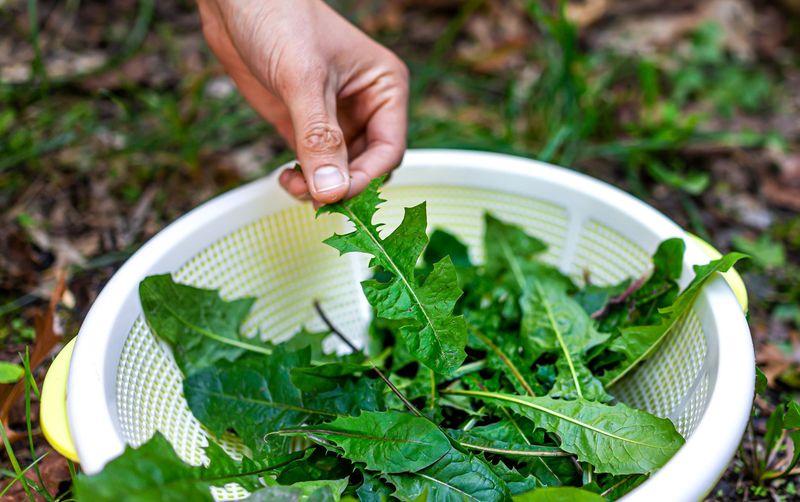
With nature’s bounty at your feet, the art of foraging transforms a simple walk into a wild pantry exploration. Identifying edible plants requires knowledge and caution, as not all greenery is friendly.
An experienced forager knows the delicate balance of flavors and safety, discerning edibles from their toxic counterparts. This skill can mean the difference between sustenance and danger in the wild.
A forager’s wisdom is a secret map to nourishment, guiding them through fields and forests with confidence and curiosity.
3. Navigating with Stars

Long before GPS, travelers relied on the night sky to find their way. Celestial navigation taps into the universe’s grand compass, using stars to guide journeys.
Understanding constellations and their movements is both an art and a science, allowing for precise navigation when landmarks are scarce. It connects us with ancient mariners who braved the oceans under the same stars.
This skill fosters a sense of wonder, as each star becomes a beacon, lighting the path through the vast unknown.
4. Building Shelter from Natural Materials
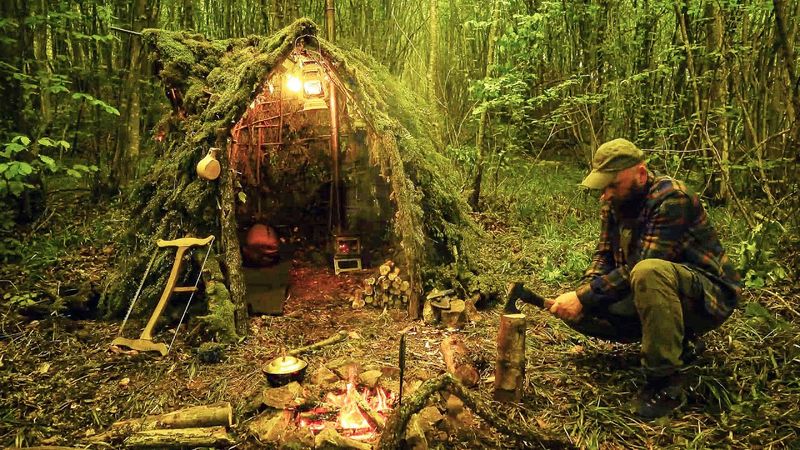
A sudden storm looms on the horizon, and the need for shelter becomes paramount. Building a shelter from natural materials is a testament to human creativity and adaptability.
By using branches, leaves, and other forest offerings, one can construct a refuge that shields against the elements. This skill not only provides physical protection but also instills a sense of accomplishment and self-reliance.
In the wilderness, such shelters become sanctuaries, born from both necessity and nature’s provision.
5. Purifying Water without Modern Tools

Clear water isn’t always clean water. In survival situations, purifying water becomes a top priority. Without modern filtration systems, ingenuity steps in.
Natural methods, such as filtering through sand, charcoal, or boiling, can transform potentially harmful water into a life-sustaining resource. This skill underscores the importance of clean water, a necessity often taken for granted.
The ability to purify water by hand is a valuable tool, nurturing both survival and appreciation for nature’s resources.
6. Tracking Animal Signs
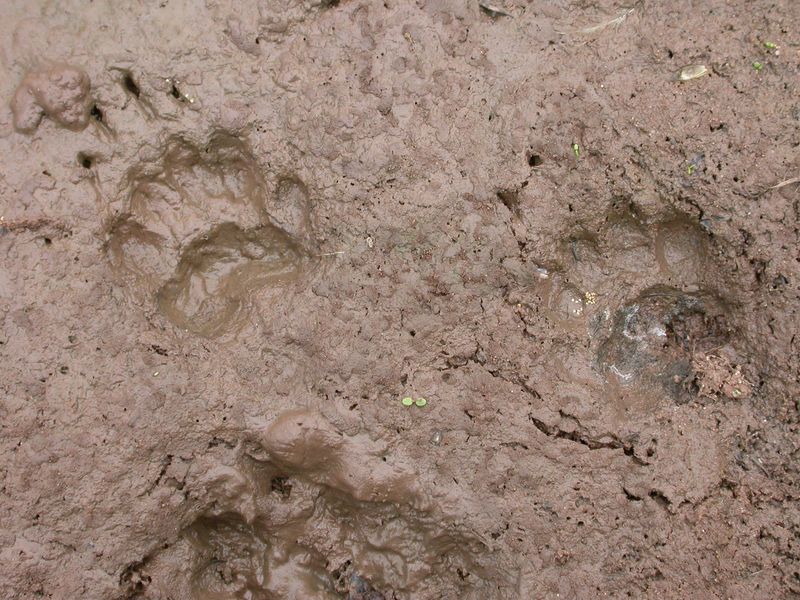
The forest whispers secrets to those who know how to listen. Tracking is the art of reading nature’s clues, from footprints to disturbed foliage.
An adept tracker can interpret these signs to follow wildlife or avoid potential threats, turning observation into a strategic advantage. Tracking not only aids in hunting but also enhances awareness of surroundings.
Every broken twig or footprint tells a story, revealing the rhythm of the forest and the creatures within.
7. Fishing with Handmade Gear
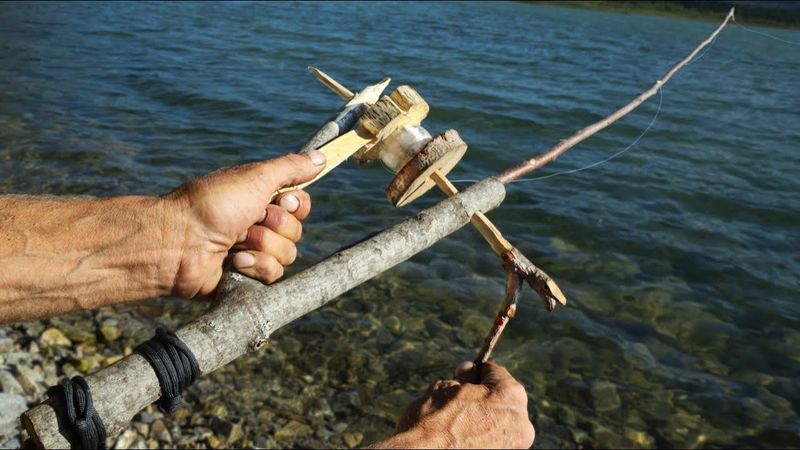
Beneath the water’s surface lies a world of sustenance. Fishing with handmade gear is both a test of patience and skill. Crafting rods, lines, and hooks from natural materials challenges creativity.
In survival situations, this ability to adapt is crucial, turning a tranquil lake into a source of nourishment. Fishing connects us with an age-old tradition, where patience pays off in the form of a humble meal.
The quiet anticipation at the water’s edge is both calming and invigorating.
8. Knot Tying for Survival
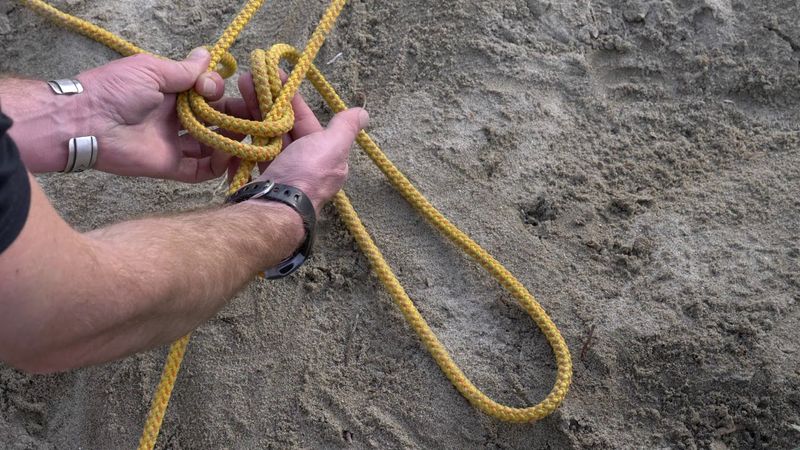
With a piece of rope, the world opens up in possibilities. Knot tying is an essential skill for securing, lifting, and constructing in uncertain situations.
From simple square knots to complex bowlines, each knot serves a unique purpose, providing stability and security. This skill is a cornerstone of maritime and survival lore, often passed down through generations.
With each loop and twist, a knot becomes a testament to human ingenuity and the power of simple tools.
9. Identifying Weather Patterns

The sky is a cryptic storyteller, revealing clues about upcoming weather changes. Identifying weather patterns is crucial in planning survival strategies, from shelter building to safe travel.
Reading cloud formations, wind directions, and atmospheric nuances allows for informed decisions in the wild. This skill connects us with an agrarian past, where farmers relied on nature’s signals for their livelihoods.
Understanding the sky’s language ensures preparedness, turning uncertainty into strategic foresight.

